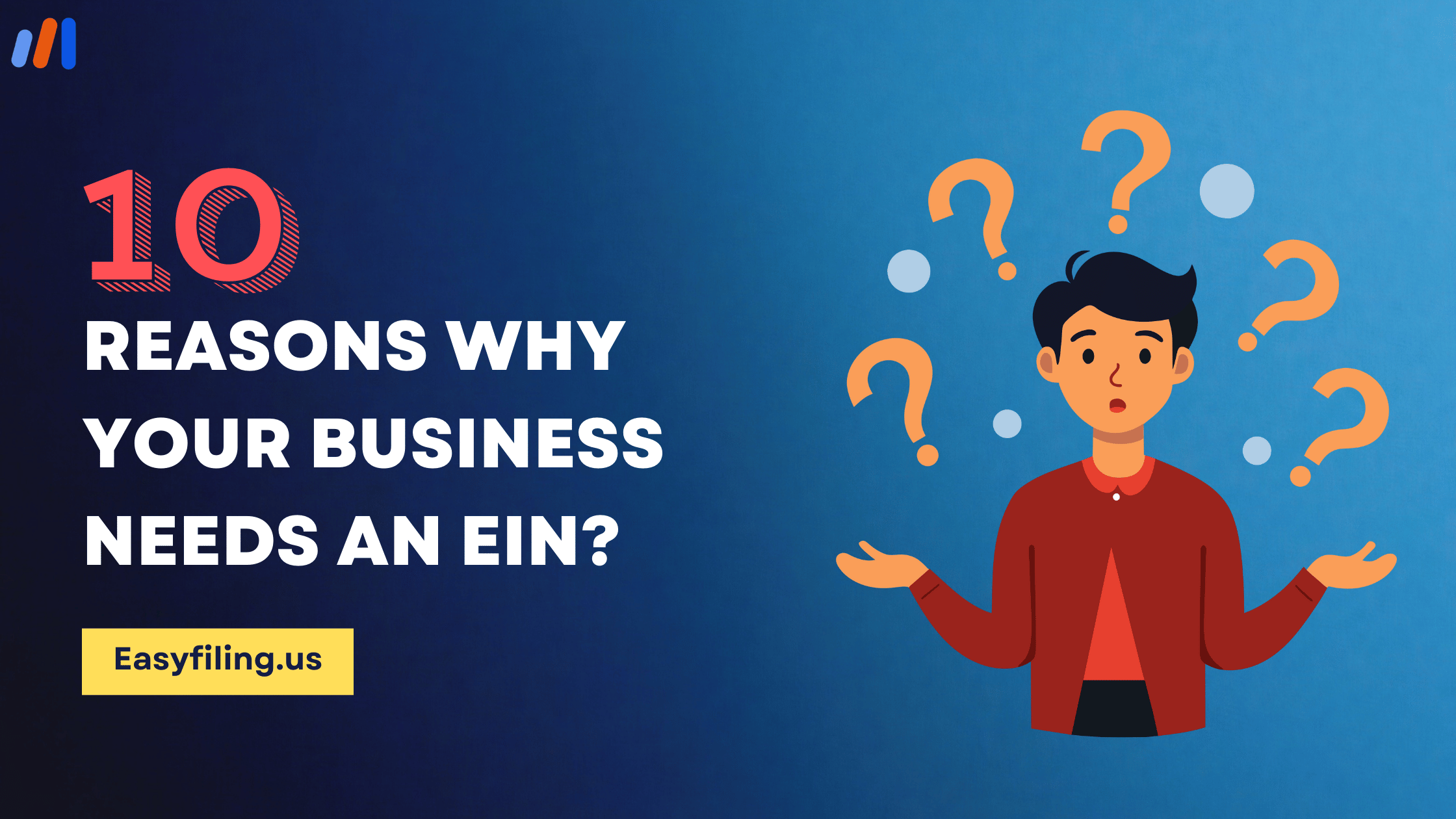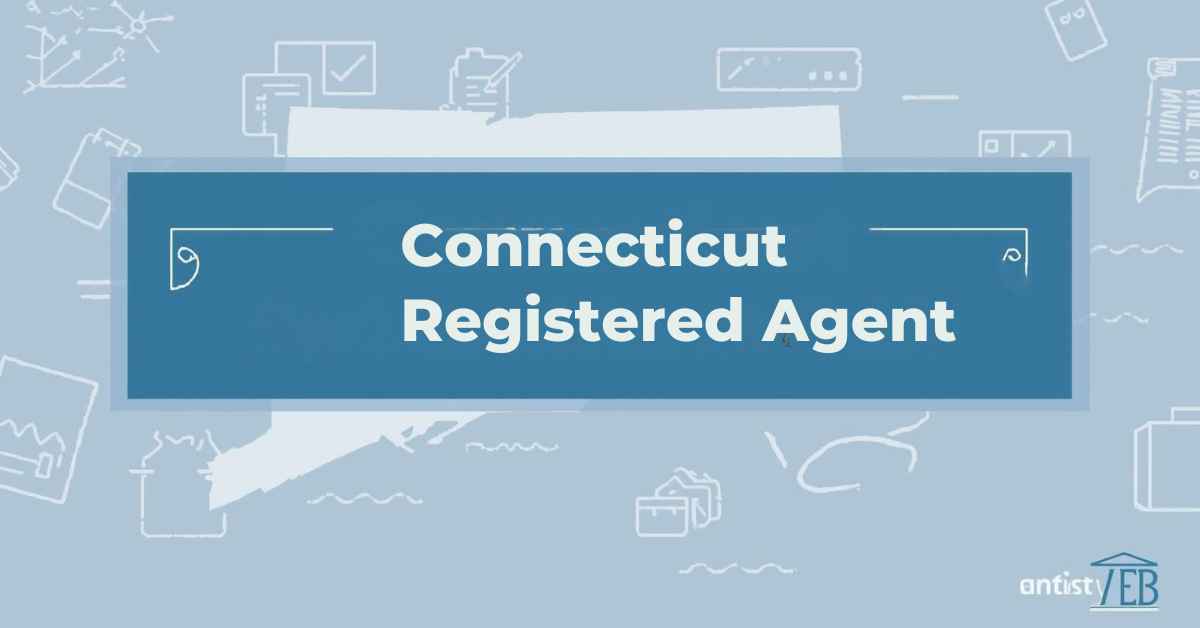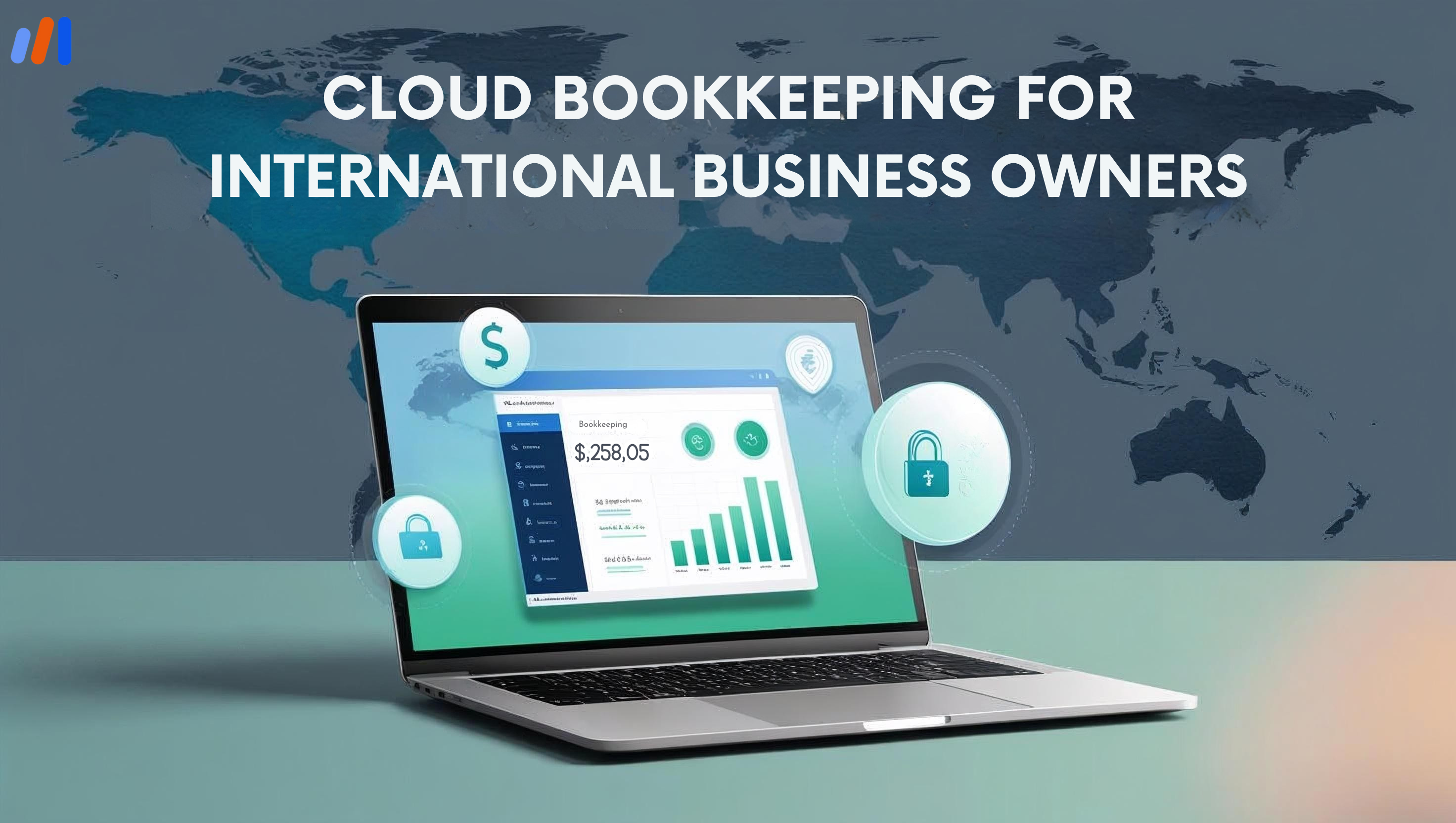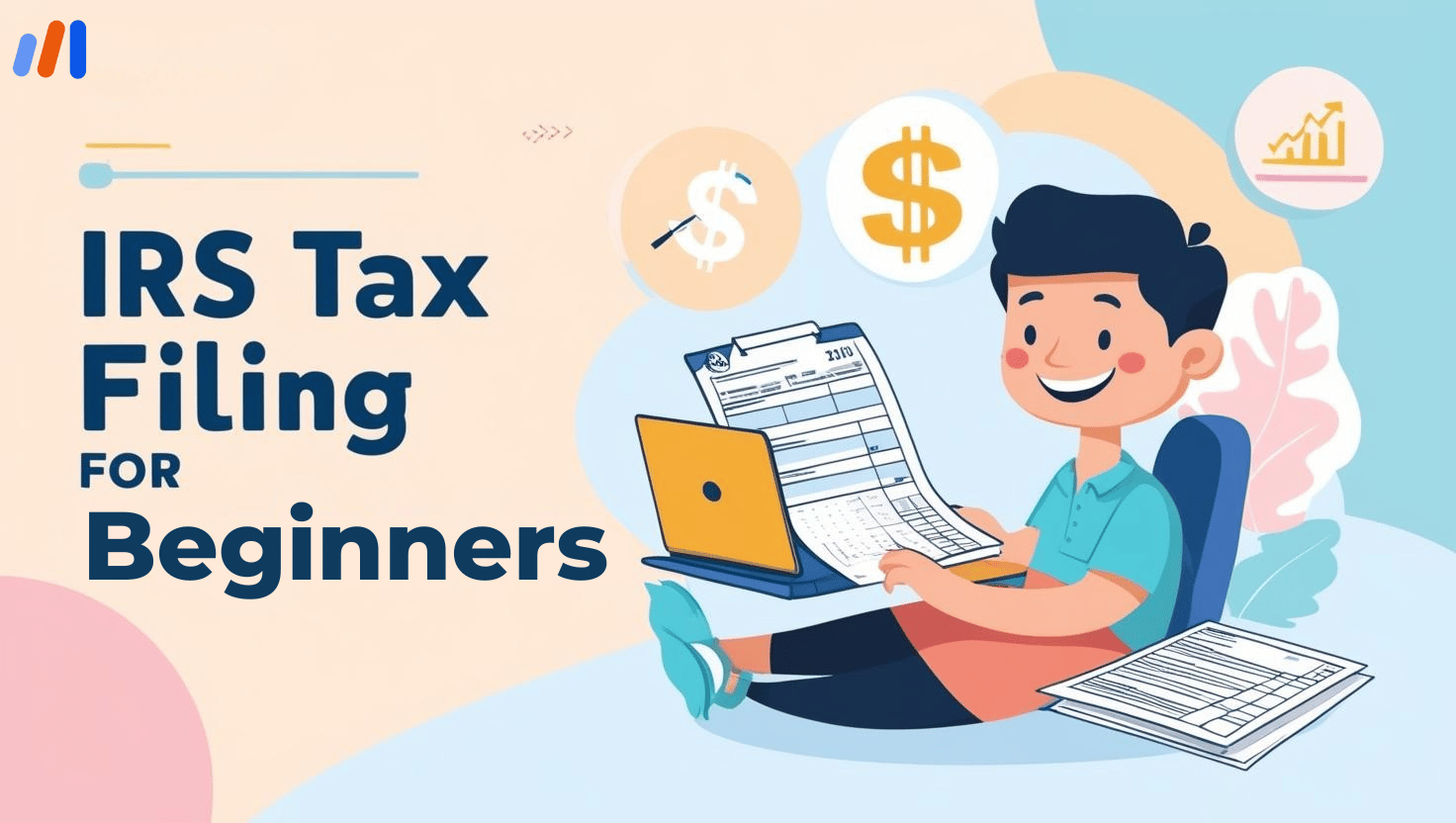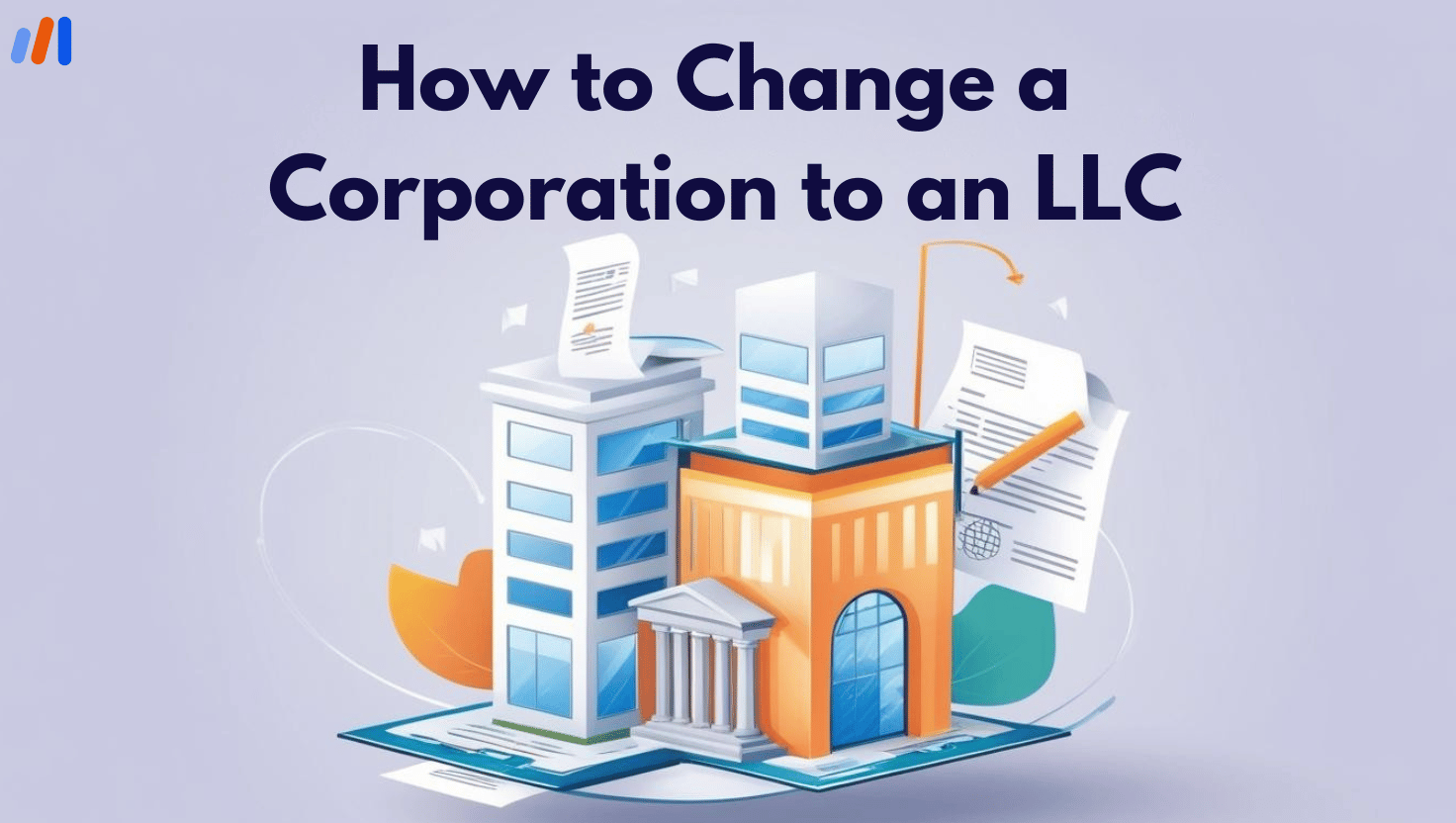Have you been in a situation that questioned the purpose of an EIN, especially in your business? Unlike the other perspective, it’s more than a nine-digit number; rather, it is a key that opens the various opportunities that one might want to unlock.
Picture this, the business is personified. No matter how many customers you’ve served, no matter how much money you’ve made, your business cannot escape being granted an EIN, which is akin to being granted an identity in a society that all civilized societies have. This nine-digit number is akin to a person’s fingerprint in that it allows the business to conduct transactions with different government agencies, banks, and other U.S. missions.
This blog post enumerates the top 10 reasons why your business needs an EIN. Before we go deep into this main objective, we need to understand what an Employer Identification Number (EIN) or Federal W-2 Form is.
What does EIN stand for?
An Employer Identification Number (EIN), also known as a Federal Employer Identification Number (FEIN) or Federal Tax Identification Number (FTIN), is a unique nine-digit number assigned by the Internal Revenue Service (IRS) to business entities operating in the United States. A comparison can be made to EIN to SSN in that, social security numbers substantiate personal identity, and EIN, business identity.
Consider it the way you would consider a social number concerning business.
Key Points About EINs:
✅Identification: EINs are issued to distinguish entities for taxation purposes and other IRS dealings, such as compliance through tax remittances and applying for business loans.
✅Tax Reporting: Though they are not business owners, employees have taxes imposed on their wages, and such a task falls on the employers who report the employment taxes; one of them is EIN which handles receipts of withheld employee wages, social security and Medicare, and federal unemployment taxes.
✅Business Operations: EINs find applications in several business activities including:
- Setting up business bank accounts
- Getting business permits and licenses
- Recruiting labor
- Paying taxes
- Engaging in business with the government
✅Entity Type: EINs are given based on the type of business entity. EINs are at times a requirement for business structures if they do not intend to tax through social security such as in sole proprietorships. Others like partnerships, corporations, and other such organizations on the other hand usually need an EIN.
✅Application: One can easily get an EIN without any complications. One can also do an application on the IRS page, through phone calls or writing. The application is the method through which the IRS usually gives people the EIN.
Who Needs an EIN?
An employer identification number, or EIN, is necessary for most businesses; however, the particulars depend on the type of business entity created as well as the types of activities that it engages in. So, who, in general, these persons are, who need this number most often, EIN:
1. Corporations:
- S Corporations
- C Corporations
- Limited Liability Companies (LLCs) taxed as corporations
2. Partnerships:
- General Partnerships
- Limited Partnerships
- Limited Liability Partnerships (LLPs)
3. Trusts and Estates:
- If they run a business
4. Non-Profit Organizations:
- Charitable Organizations
- Foundations
- Religion Organizations
5. Sole Proprietorships:
In certain instances, sole proprietors may be required to obtain an EIN, in some cases, such as:
- If they have employees,
- If they want to set up a retirement plan,
- If they want to report income or loss from a business using Schedule C on their incomes.
6. Foreign Entities:
- Foreign entities engaging in business within the territory of the United States.
7. Other Entities:
- Select cooperative associations
- Real Estate Investment Trusts (REITs)
In other words, if you plan to hire employees, open a business account, pay employment taxes as an employer, or participate in government programs; it is likely that you will be required to get an EIN.
Top 10 Reasons Why Your Business Needs an EIN
1. Tax documentation
Tax documentation Number (EIN) is relevant when it comes to the filing of federal tax returns. Reporting employment taxes for your employees, corporate income taxes for your business entities, and payroll taxes for the various trades that require IRS reporting fall under this. An activity that is associated with a lot of paper documents is made easy by the possession of an EIN; it means following federal tax compliance.
2. Opening Business Bank Accounts
Most financial institutions also require an EIN in opening and maintaining business bank accounts, which is necessary for managing a client’s funds. As a result, it creates a boundary between personal and business finances, which is necessary for proper bookkeeping and effective short tax filing.
3. Hiring Employee
If you intend to increase the size of your business and bring in additional personnel, an EIN is mandatory. This is necessary for submitting wage reports, payroll tax withholding, and other employment tax responsibilities. If you do not have an EIN, you may run into trouble with the tax authorities.
4. Government Contracts
There are numerous government contracts and grants which require businesses to have an EIN to qualify. This helps make sure the businesses are correctly identifiable and their taxes up to date, and this eases business transactions with the government.
5. Business Licenses and Permits
Because it may be necessary for you to do so depending on your geographical sites and the specific type of business, some local state agencies and even state agencies you may be applying for business licenses or permits require an EIN. This assists authorities in tracing organizations for regulatory reasons.
6. Retirement Plans
When thinking of introducing a retirement plan such as a 401 (k) for the employees or a Simple IRA, you have to have an EIN. This number is necessary to be able to set the plan up and report to the IRS all contributions and distributions associated with the retirement plan.
7. Loan Applications
In many cases, when one is seeking business loans, lenders will include in the requirements provision of your EIN as it is amongst the application requirements. This is important as it helps them look up the credentials of your business and guarantees that a proper evaluation of your business’s creditworthiness is done.
8. Business Credit
Obtaining an Employer Identification Number (EIN) makes it much easier to create and grow business credit since it allows you to separate the business credit from the debtor’s credit report and access lower rates in financing.
9. Vendor Registration
Many vendors and suppliers tend to ask for an EIN by the time of registration. Supplying your EIN assures that your company will be put in their records and that you are a business, an aspect that can enhance the operations between the businesses.
10. Business Identity
An EIN is more than just a number, it aids lawyers in defining your business in the market as it is and helps build the business in terms of credibility. An EIN business with your business becomes more appealing to customers, suppliers, and even banks which will build trust in your business operations.
How to Apply for an EIN
There are primarily three methods to apply for an EIN.
1. Online Application:
Go to the IRS Website: Splash yourself to the IRS website and search for the “EIN application”.
Filling out the online form: It makes sense to input an application form so that the name of the business, type, and address amongst other details can be stated.
Get the results instantly: After completing the form, the EIN will be issued even without waiting for verification from the IRS.
2. Telephone Application:
Calling the IRS Business Tax Line: Call 800-829-4933.
Please adhere to the following: The box will take you through the stages of making an application.
Speak to one of the Representatives: In some cases, you can request to talk with the live person of IRS, who may help you.
3. Paper Application:
Download Form SS-4: There is a downloadable application of Form SS-4 on the Internal Revenue Service’s website.
Complete the form: Ensure that the form is filled and that all sections have been addressed satisfactorily.
Submit the form: Address the finished and signed form to the IRS address on the form.
Important Notes:
✅Entity Type: The application procedure has other sub-variances depending on the kind of business entity you are applying for.
✅Tax Identification Number (EIN): This is a tax identification number not commonly available to individuals except for sole proprietorship. You can however use your Social Security Number for the TIN. If you want to acquire an EIN for a partnership, corporation, or other type of entity, you will have to provide the Responsible Party’s TIN.
✅Business Name and Address: To avoid issues, the business name and address you provide in the application should be the same as what you intend to use to continue the business.
✅Validation: Before the issuance of the EIN, it is possible that the IRS would have to confirm your information. When additional documentation is required, be ready to provide it in case requests are made.
By taking these measures, you’ll be able to have an EIN that will offer benefits to your business or firm from this point onward.
When EIN May Not Be Needed
Under such circumstances, most businesses need an EIN because there are a few instances where you might not need one:
Sole Proprietorship and Does Not Have Any Employees: For example, if you are a sole proprietor who runs a business without employing any staff, you could frequently utilize your Social Security number for federal taxation instead of an EIN.
Non-Profit Organizations: Smaller and local Non-Profit Organizations may not require an EIN if they never hire employees or if there are no significant earnings. However, an EIN is for your business as well and one should get professional advice.
Certain Tax-Exempt Entities: There are tax-exempt entities such as trusts and estates that may not have a business to conduct that require the running of a business and therefore do not need an EIN.
Now it is worth saying that the above are just applicable general guidelines. The requirements of any application are subject to numerous factors including the laws of the specific state, the nature of the business, and the level of income.
If you have any uncertainties as regards requiring an EIN you should approach a tax professional (Easyfiling) or the IRS. They are the best-placed people to provide you or your business with the advice above since it tends to be specific to one’s conditions.
Frequently Asked Questions (FAQs)
To what purpose can I use with Vonquet my Social Security number and can I retrieve an EIN instead?
Your Social Security number may be used by sole proprietors with no employees as self-employed without much hassle in a few cases. But in most cases that is not advisable and it is recommended to acquire an EIN even for sole proprietorships because of the need to keep tax affairs orderly and safeguard private details.
Can I change my Employer Identification Number?
It isn’t easy to lose your Employer Identification Number, but where it is essential to do so, then that is fine. If you find it necessary to change your EIN, however, you will have to speak to the IRS and provide them with the necessary documentation to warrant your change.
Can I apply for an EIN on behalf of a foreign business entity?
A foreign entity conducting business in the US can acquire an EIN. The procedures followed are like that of the resident entities.
How right is this: I get an EIN in one day?
The IRS often issues EIN immediately, as long as you apply online or through a phone call. By regular mail, it could take several weeks.
For what causes do you think I should find my tax ID? Suseployment Identification Napka
No, tax EINs are strictly for business. Also applying personal usage of tax EIN companies would attract heavy penalties and even jail terms.
What should I do if I misplace my EIN?
In a normal circumstance, if your EIN is lost, then, you will have to apply for a new one using your details to the IRS. This can be done, online, physically, and even by email.
File Your LLC Today
25$ off with a coupon
Lock in EasyFiling's transparent rates and get lifetime compliance support at no extra cost.
Get Started Now